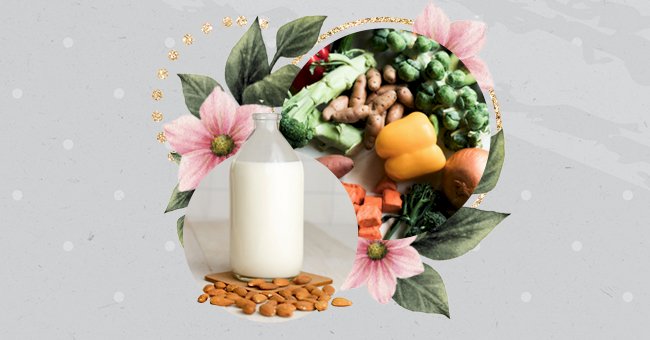
Nutrients Your Plant-Based Diet May Be Deficient In
Truth must be told: as healthy as a plant-based diet can be, it might not include all the daily nutrition our body needs. In this case, we should find alternatives like supplementing or adding different food groups into your diet.
We’re all unique beings with different lifestyles and eating habits. Due to cultural differences, region, lack of certain groups of food, and other reasons, someone in a plant-based diet might miss certain nutrients.
And that’s okay. There’s no perfect diet or “right” way to eat. The most important thing is to become aware of the nutrients you’re lacking, get tested to check any possible nutrient deficiency, and get all the nutrients you need from other foods, or in some cases, consider supplementation.
Five nutrients you might be missing in your plant-based diet.
Vitamin B12
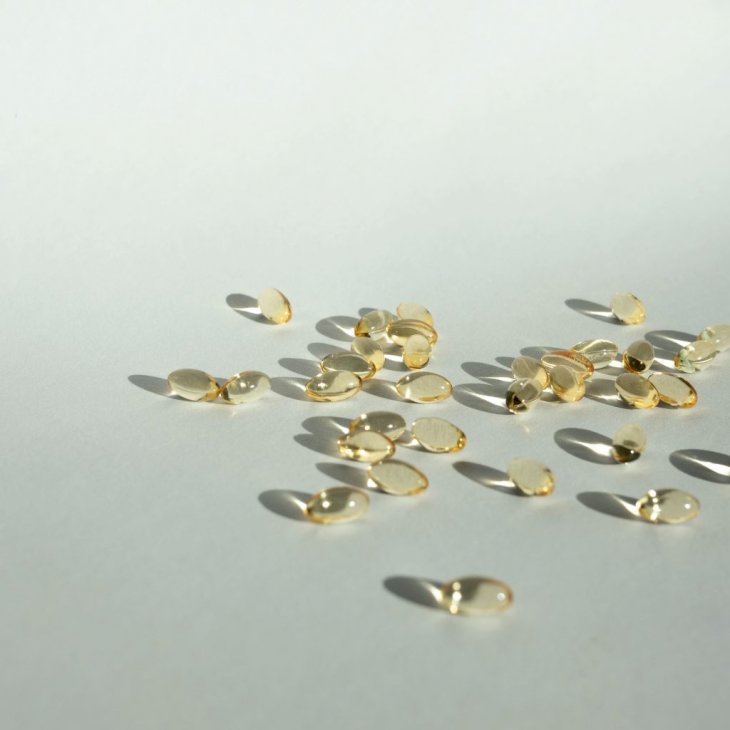
Photo by Nicolas Solerieu on Unsplash
B12 is the only vitamin that can’t be found in vegetables. Everyone who’s on a plant-based diet must supplement vitamin B12 or should opt for fortified food in order to avoid deficiency. Symptoms that may company B12 deficiency are fatigue, constipation, and weakness.
Iron
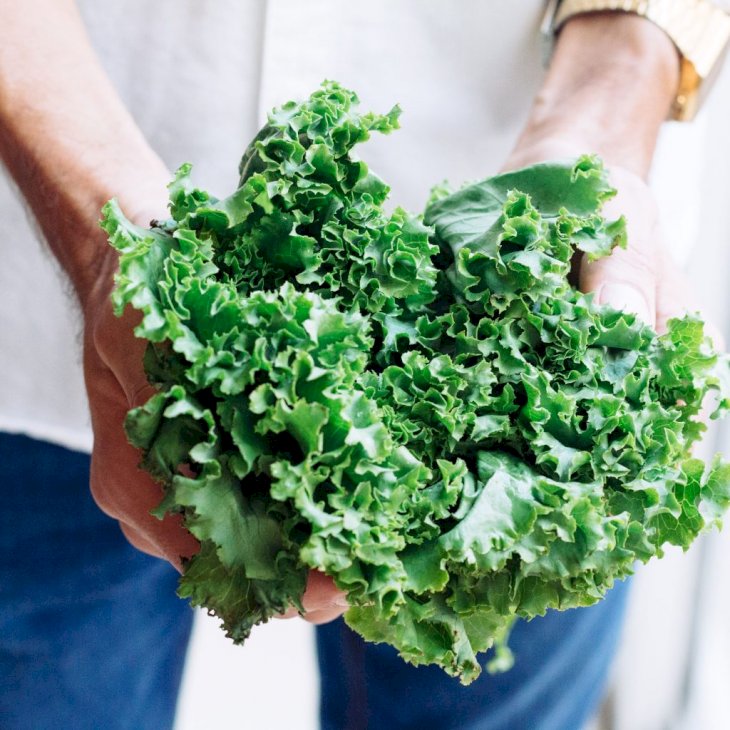
Predominantly found in leafy greens such as kale, spinach, and other foods like bell pepper, tomatoes, beans, lentils, tofu and etc.
Unfortunately, iron deficiency is quite common and the leading cause of anemia in the United States. Symptoms of an iron deficiency include fatigue, dizziness, headache, pale skin, and weakness.
Omega 3-fats
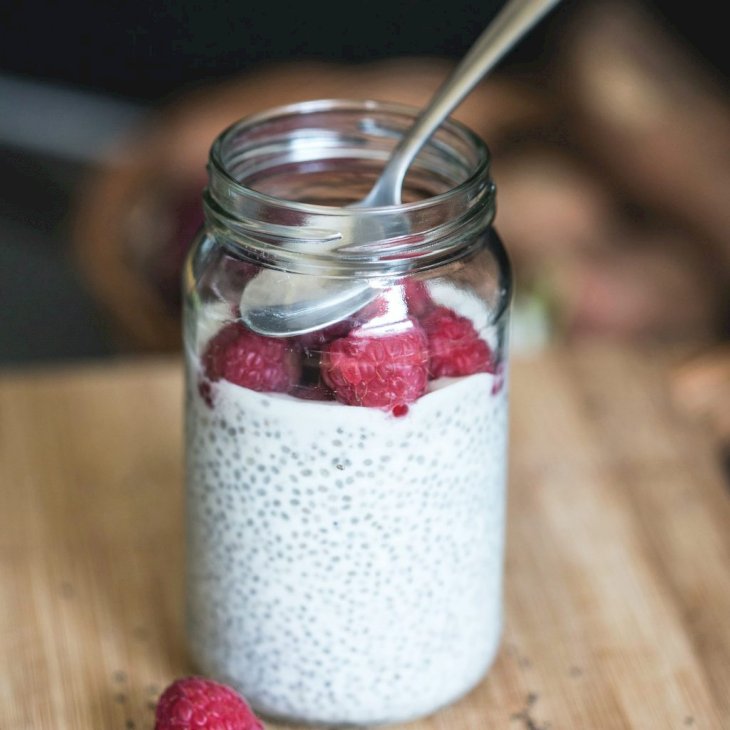
Photo by Milada Vigerova on Unsplash
Many plant-based eaters choose to supplement omega 3-fats; adding omega-3s such as chia seeds, walnuts, flaxseeds, and even algae it’s already a good choice. If you can’t get a regular daily amount of any of these foods (a maximum of 2 grams daily), consider taking supplements.
Zinc
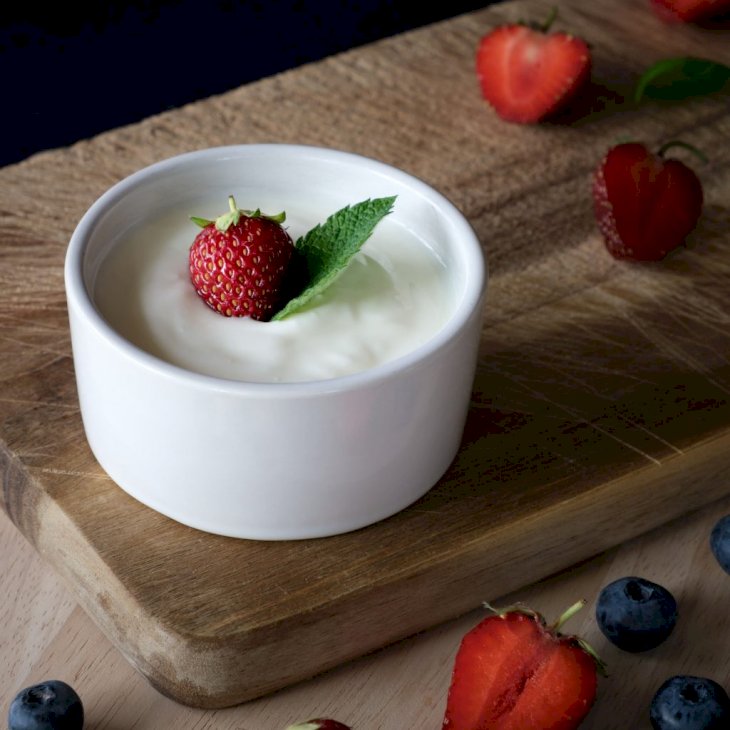
Photo by Tiard Schulz on Unsplash
Lack of zinc may lead to an impaired immune system, slow wound healing, hair loss, diarrhea, and appetite loss. Try foods like pumpkin seed, chickpeas, nuts, and yogurt. However, some foods containing phytates may reduce zinc absorption, so supplementing can be a great solution.
Calcium
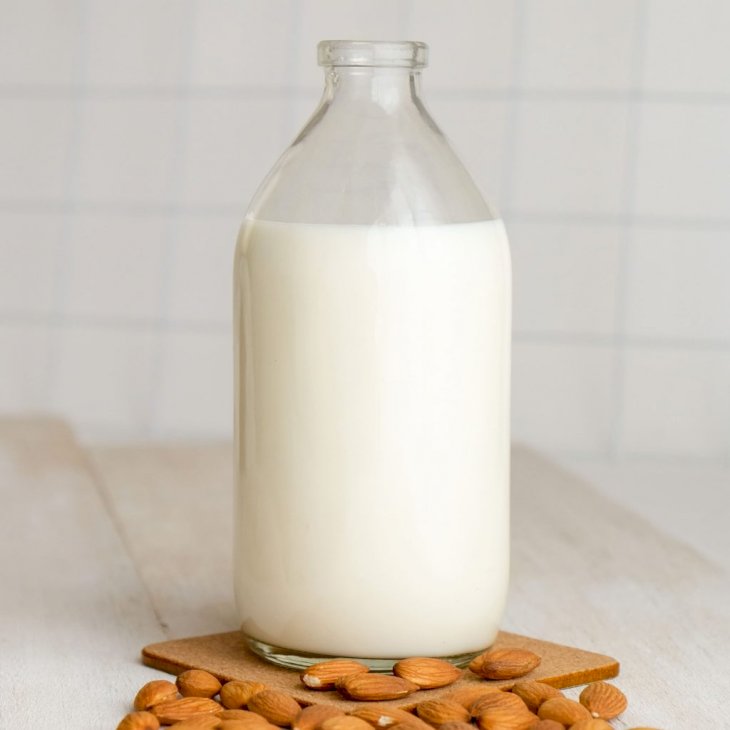
Photo by Sandi Benedicta on Unsplash
An alternative source of calcium for vegetarians and vegans is plant-based milk. Other foods that have calcium are kale, black beans, chickpeas, and almonds. The recommended adult intake is 1,000 mg a day, or 1,200 if you’re a woman over 50.